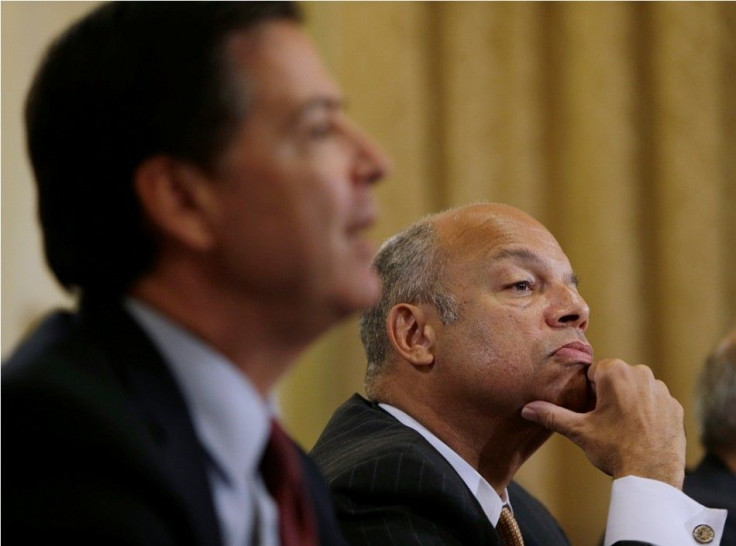Stingray surveillance now legally requires search warrant per DOJ guidelines

Last Thursday, the US Department of Justice issued a new guidance on how the local law enforcement officials can use ‘Stingray’—a cell-site simulator. The department has finally broken its silence about the highly contentious cell-duping device that the feds have been using for years.
The newly released policy now requires agents to obtain a warrant first, except in certain cases that can include ongoing hacking attempts and people in danger of death or bodily harm. It is further stated in the new regulation that the spying device cannot be used to collect personal communications like emails, application data content, and text messages.
Since before, local policemen have used the “Stingray” as a surveillance technology. The device mimics cellphone towers by tricking phones within its coverage to connect through it instead. Considering how similar the apparatus works in spy technology, it has caused constitutional clashes as a violation to the people’s privacy rights.
Deputy Attorney General Sally Quillian Yates announced the new policy as a mechanism that strikes balance between civil rights and law enforcement needs. However, obtaining a search warrant beforehand can be waived in "exigent circumstances" and "exceptional circumstances" to include "immediate danger of death or serious bodily injury to any person; conspiratorial activities characteristic of organized crime; an immediate threat to a national security interest; or an ongoing attack on a protected computer.
The new policy establishes a detailed guideline on what and for how long data will be collected. The new regulations set privacy practices requiring all data to be deleted once a subject's phone is found. The scooped information must also be deleted at least once a day or at least every 30 days when used to track an unknown device. The rules also apply when the FBI is helping out state or local law enforcement, and require more tracking and reporting.
"For far too long, their use of this powerful surveillance gear has been shrouded in corrosive levels of secrecy, so we're glad to see more information now and to see some common-sense policies to protect privacy," staff attorney Nathan Freed Wessler of the American Civil Liberties Union told CNN .
On ACLU’s official website , the opposing group further stated that the new policy does not comprehensively address all concerns as it does not cover other federal agencies and the local law enforcements that have received funds for purchasing the Stingrays. The DOJ pointed out that the cell-site simulator has been very helpful in solving a wide array of crimes in the national and local levels.
Yates affirmed the comment of ACLU but said that they are working on a similar policy. They, too, want the local agencies to follow the same set of guidelines regarding the usage of the highly controversial Stingray. Stingrays have been used by the local agencies, too, for solving petty crimes but keeps it secret from suspects, attorneys, and their judges. The FBI’s concern of letting the public know about the truth is banked on the fact that the criminals are also part of the public. Their fear is based on the possibility that the criminals can develop countermeasures against feds’ tools and techniques.
US DOJ now requires Search Warrant for Stingray use (Credit:YouTube/RT America)
Contact the writer at feedback@ibtimes.com.au or let us know what you think below.





















